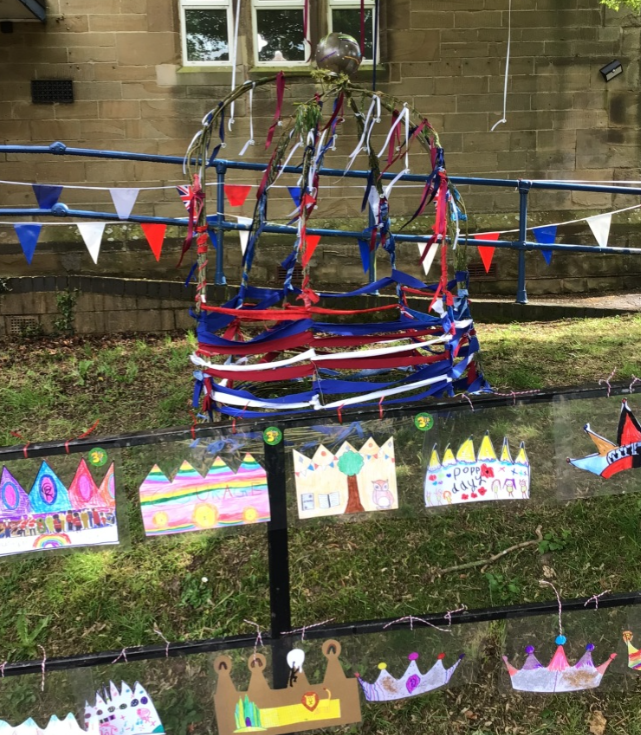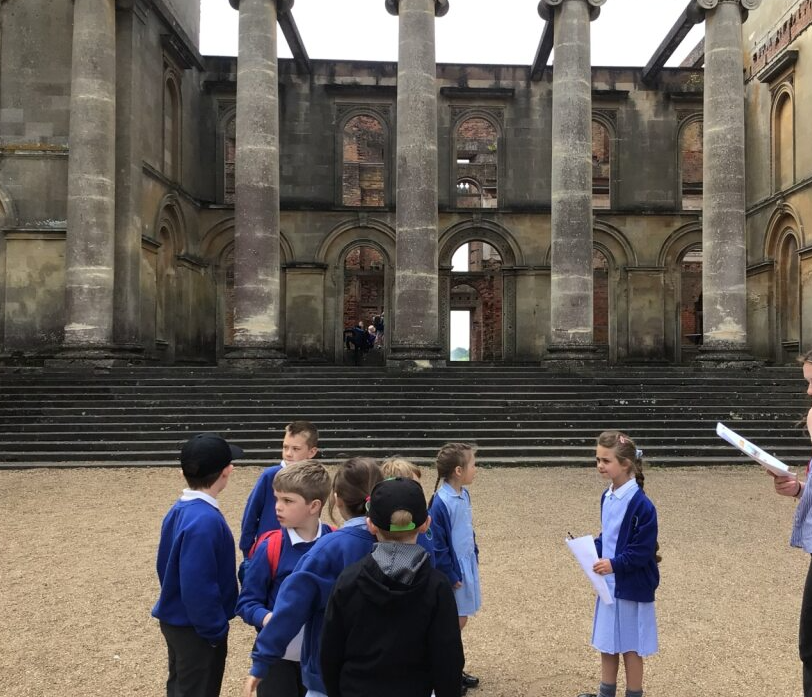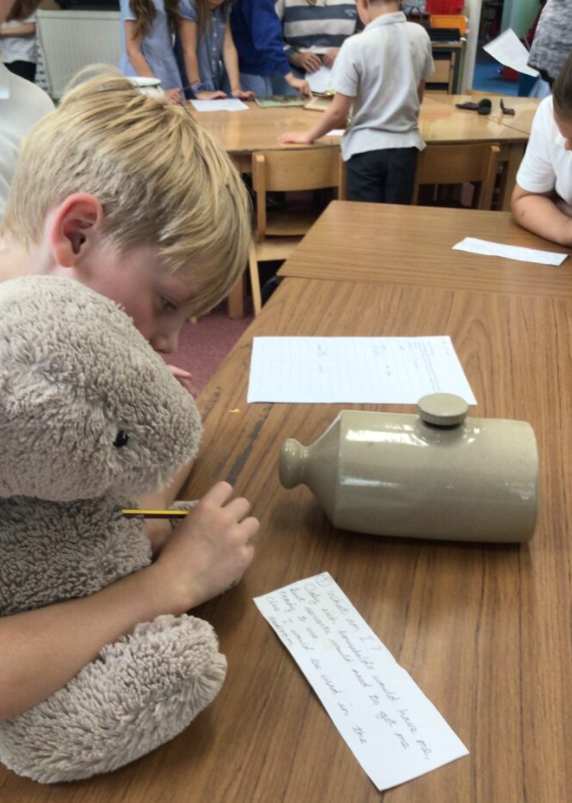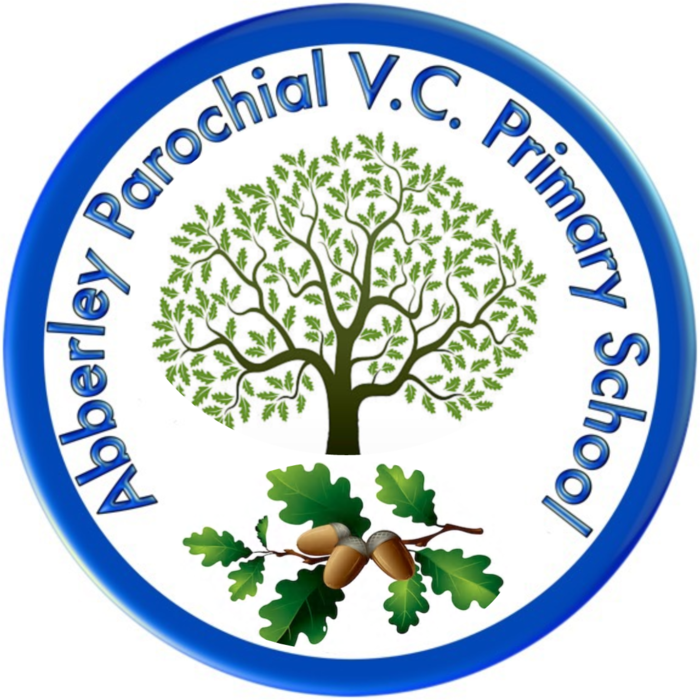History
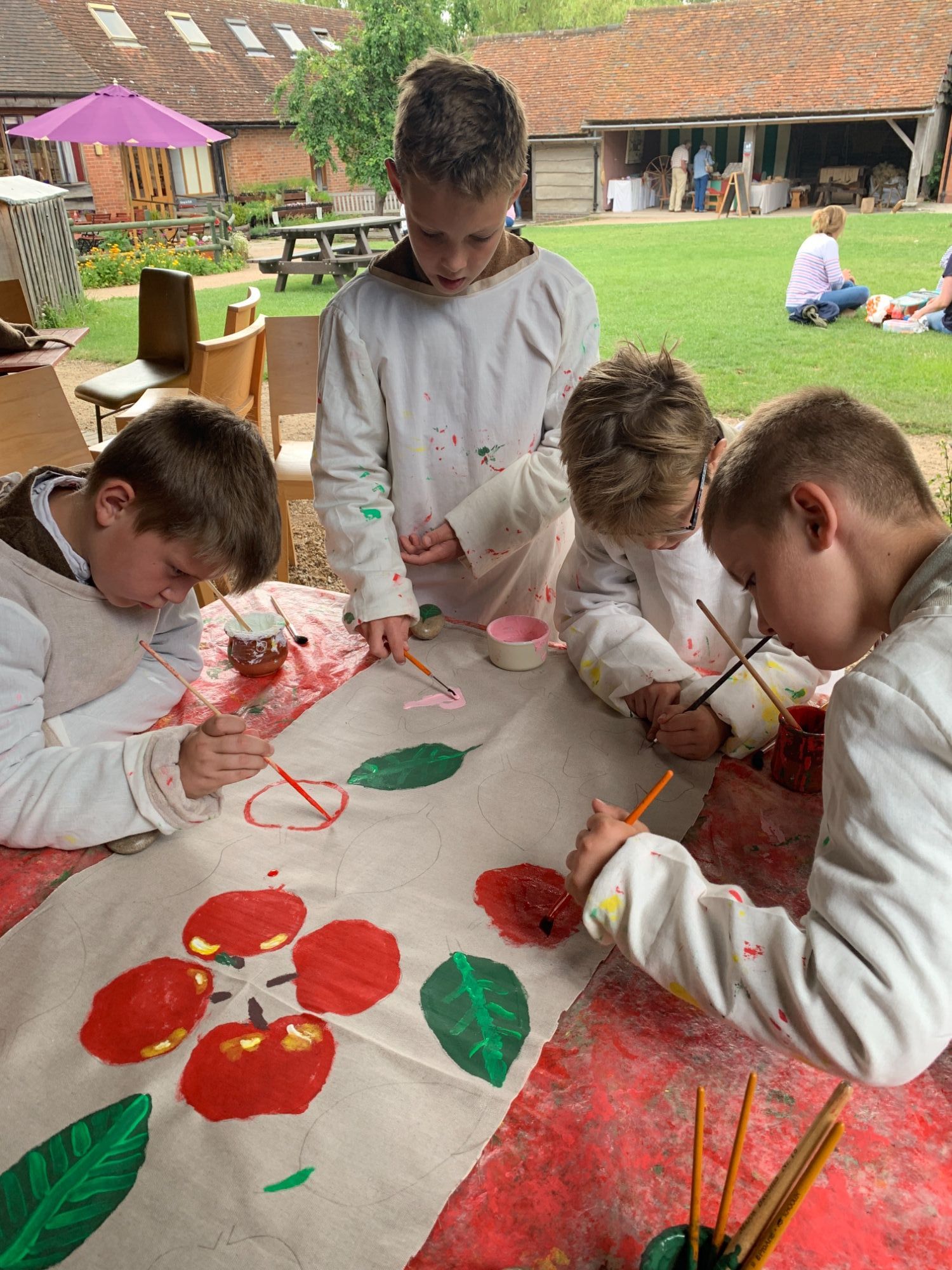
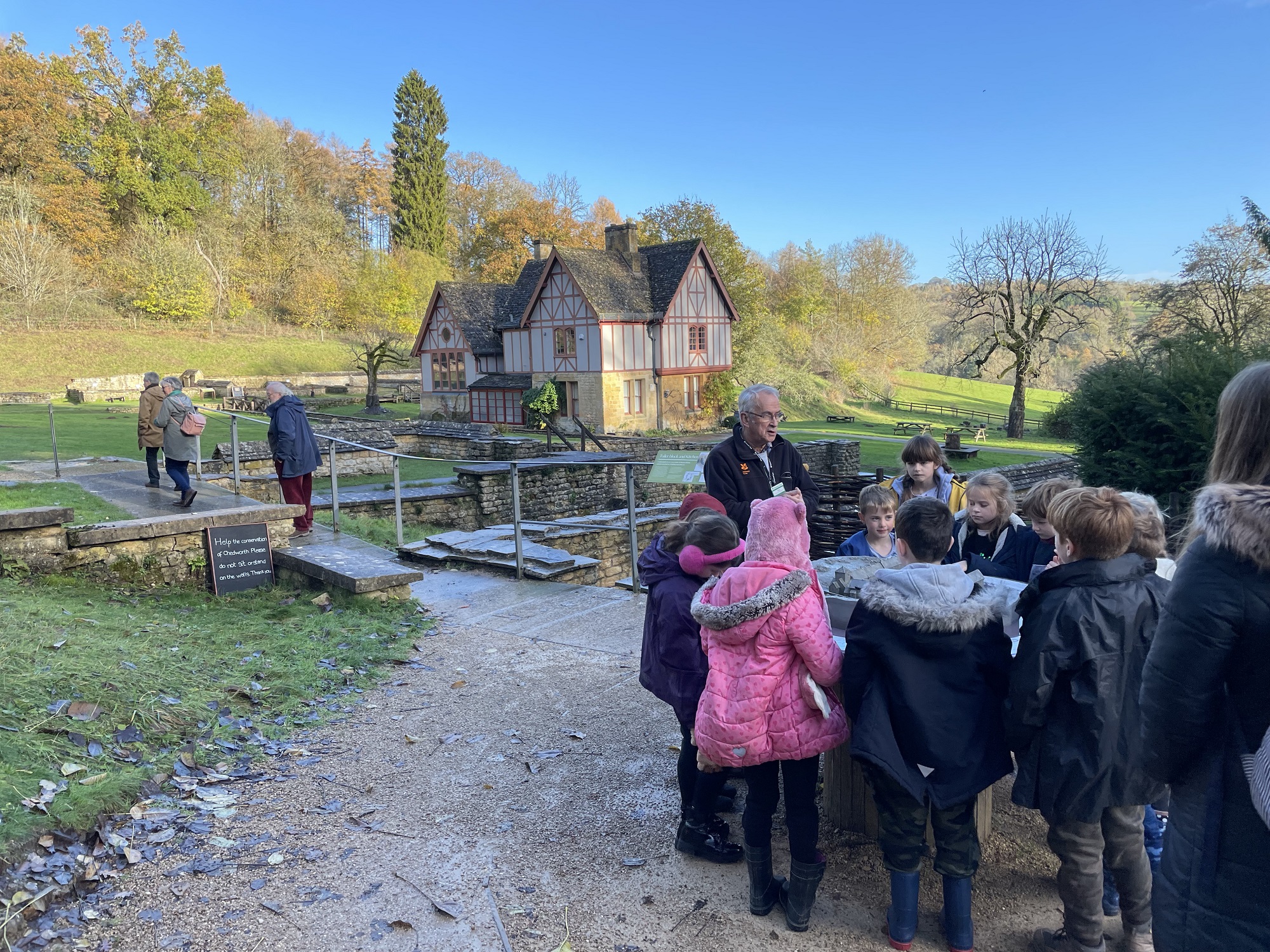
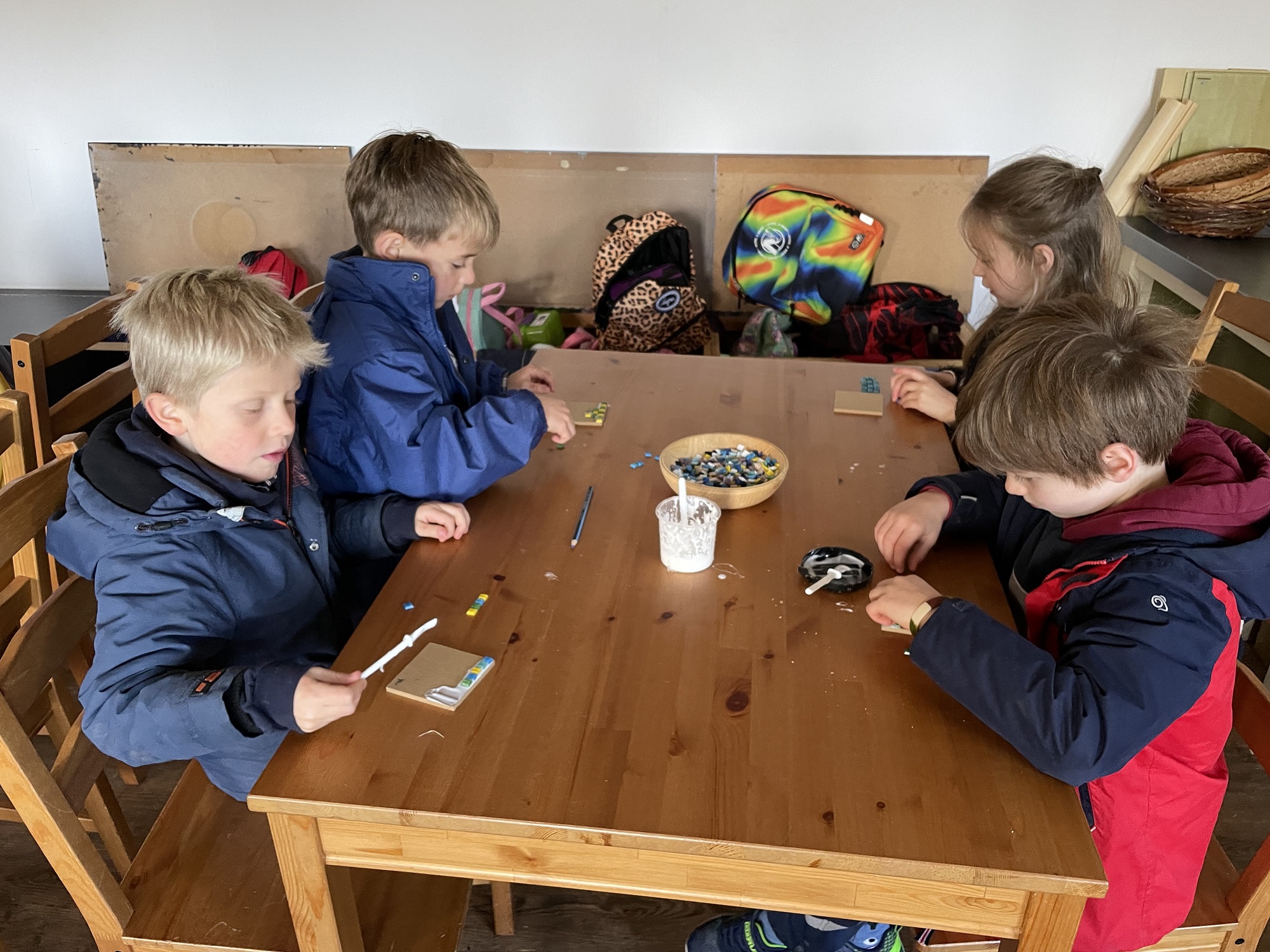
Curriculum Overview
Our school’s history curriculum is designed to inspire curiosity, develop chronological understanding, and help children make meaningful connections between past and present. We ensure lessons are progressive, engaging, and skills-focused.
Sequence of Learning:
At Abberley, we structure history learning in thematic and chronological sequences, allowing children to build knowledge and historical skills progressively across each Key Stage.
In Early Years and Key Stage 1, the focus is on introducing children to the concept of history and chronology. Pupils explore their own past and significant events both locally and nationally, through units such as “My Family History,” “Toys Through Time,” and “The Great Fire of London.” These lessons develop skills in understanding timelines, sequencing events, using simple sources, and asking questions about the past.
In Lower Key Stage 2 (Years 3–4), the curriculum broadens to include British history and ancient civilisations. Pupils study topics such as “Stone Age to Iron Age,” “Romans in Britain,” and “Ancient Egypt.” Throughout these units, children develop the ability to use sources to gather information, make comparisons between periods, and understand cause and effect.
In Upper Key Stage 2 (Years 5–6), the focus shifts to developing deeper chronological understanding and historical interpretation. Units include “Vikings,” “Anglo-Saxons,” “The Tudors,” and “World War II.” Pupils are encouraged to evaluate primary and secondary sources, consider different historical perspectives, and construct structured historical narratives.
Key Features of Our Approach:
Lessons are enquiry-based, encouraging pupils to ask questions, investigate evidence, and draw conclusions. Skills are developed progressively, with each unit building on previous knowledge and reinforcing chronological understanding. History is also integrated with other subjects, including literacy, geography, and art, to enhance cross-curricular learning. Regular reflection activities and end-of-unit assessments allow teachers to track knowledge and skill development effectively.
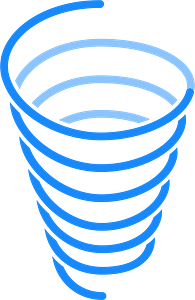
Our lesson planning adopts a spiral curriculum model; this is where key knowledge and skills are revisited and built on at a level appropriate to children’s development.
A spiral curriculum enables us to introduce complex topics to young children in a way that is both accessible and engaging. This method builds a strong pedagogical foundation, which can be developed further as children progress through primary school.
Impact on Pupils:
Pupils gain a solid foundation of historical knowledge, develop critical thinking skills, and learn to communicate historical ideas confidently. They are encouraged to see history as a dynamic narrative that connects to their own lives and to the wider world.
